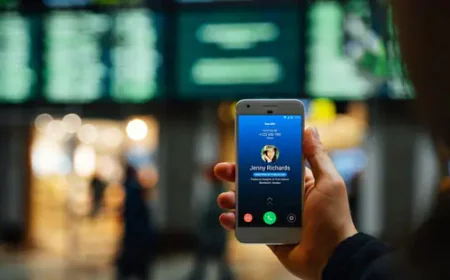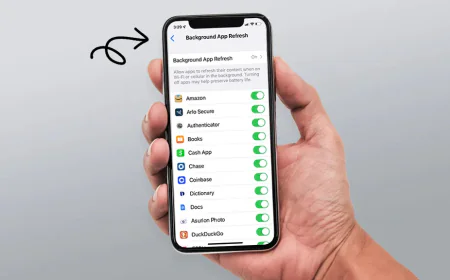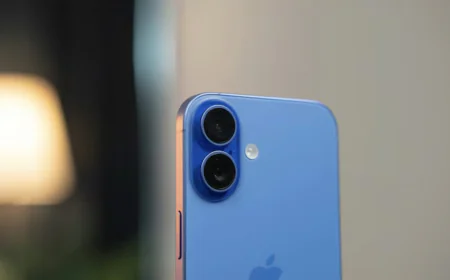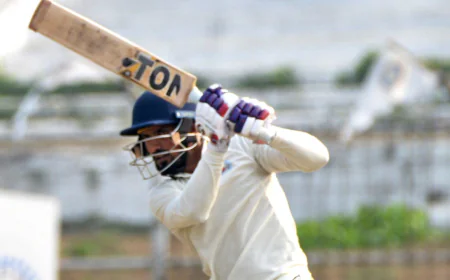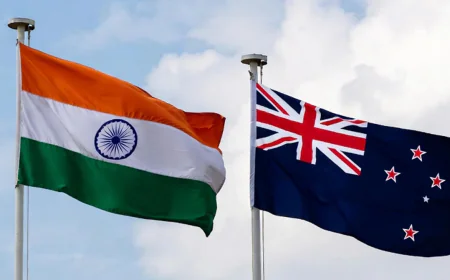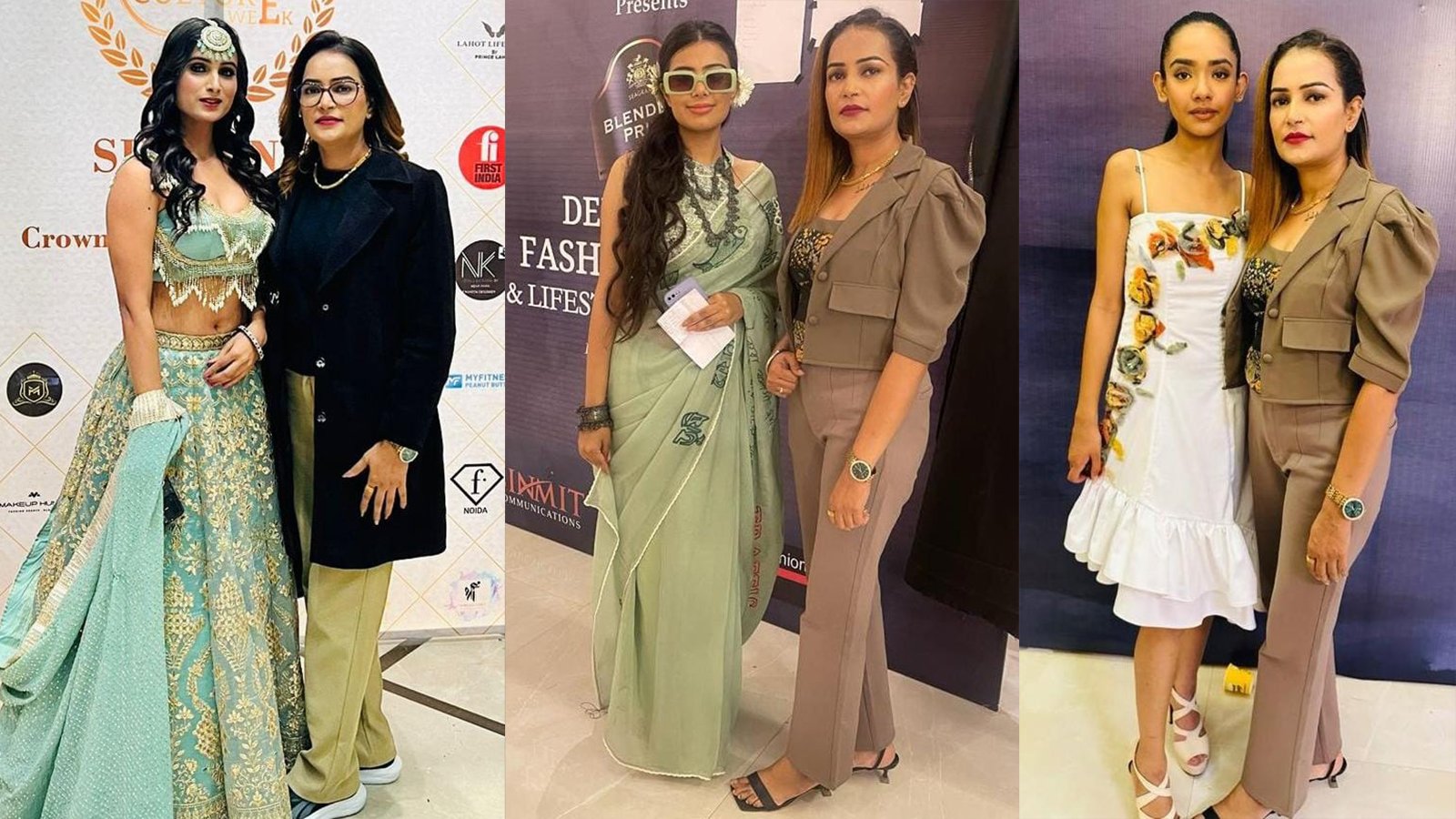Barbie Introduces the First Blind Barbie Fashionista Doll, Expanding Representation and Inclusion.

New Delhi (India), July 26: Released as part of this year’s global Barbie Fashionistas lineup, Barbie partnered with the American Foundation for the Blind to ensure doll designs accurately reflect the community they are designed to represent.
Mattel, Inc. (NASDAQ: MAT) announced today the addition of a blind Barbie doll, created to allow more children to find a doll that represents them and inspire all children to tell more stories through play.
Want to get your story featured as above? click here!
Want to get your story featured as above? click here!
“We recognize that Barbie is much more than just a doll; she represents self-expression and can create a sense of belonging,” said Krista Berger, Senior Vice President of Barbie and Global Head of Dolls. “We proudly introduce a new blind Barbie doll to our Barbie Fashionistas line, reinforcing our commitment to creating products that represent global belonging and inclusivity in the doll aisle.”
Barbie partnered with the American Foundation for the Blind (AFB), an organization dedicated to creating a world of endless possibilities for individuals with blindness and low vision, to ensure details of the blind Barbie doll, including face sculpt, fashion, accessories, packaging experience, and e-commerce communication, accurately depict individuals with blindness or low vision.
Counseled by AFB, Barbie was committed to represent individuals with blindness and low vision throughout all stages of the design process, from the doll’s sculpt to the dress pattern:
- Accessories: The doll comes with a white and red cane with an identifiable marshmallow tip and includes stylish and functional sunglasses. With some blind or low-vision individuals sensitive to light, the lens provides additional eye protection.
- Elbow Articulations: The blind Barbie doll includes elbow articulations to ensure comfortable cane use.
- Textured and Vibrant Fabrics: Barbie conducted testing with blind and low-vision children to ensure that the doll provided an accessible and satisfying play experience for kids with blindness or low vision. With AFB’s guidance, Barbie designed the doll’s fashion to include a satiny pink blouse with a textured ruffle skirt for tactile interest. Additional details include a brightly colored high-contrast hook and loop fasteners for closure on the back of the doll’s top, as well as an elastic skirt waistband to make swapping outfits easier.
- Packaging and Design: Barbie worked with AFB to create accessible packaging for the doll, including the placement and writing of ‘Barbie’ in braille on the package.
- Eye Gaze: The doll is designed with an eye gaze facing slightly up and out to accurately reflect the sometimes-distinct eye gaze of a blind individual.
“It was an honor to collaborate with Barbie on the development of the blind Barbie doll,” said Eric Bridges, CEO and President, American Foundation for the Blind. “By increasing representation and promoting awareness about the experiences of blind individuals and those with low vision, our shared goal is to inspire boundless opportunities for everyone, ultimately leading to a world of greater accessibility and inclusion.”
In 2023 Barbie introduced the first-ever Barbie doll with Down syndrome, which won the Corporate Social Responsibility Initiative of the Year award presented by the Toy Association, USA. This year, Barbie once again partnered with the National Down Syndrome Society (NDSS) to introduce its next doll with Down syndrome to the Barbie Fashionistas 2024 lineup. Throughout all stages of the design process, Barbie and NDSS worked together to ensure the Black Barbie doll with Down syndrome accurately reflected and resonated with members of the Down syndrome community. NDSS connected Barbie with a focus group of Black individuals from the Down syndrome community, including a young Black woman with Down syndrome, to review the doll’s sculpt, hair, fashion and glasses:
- Sculpt: Barbie collaborated with the NDSS to accurately represent physical characteristics of people with Down syndrome including a shorter frame, longer torso and low muscle tone. Additionally, the doll’s palms include a single line, a characteristic often associated with those with Down syndrome. Special care was put into the face sculpt, featuring a rounder shape, smaller ears, and a flat nasal bridge. The eyes are slightly slanted in an almond shape while white dots can be seen in the iris.
- Hair: The doll has a braided hair texture which was one of the key features asked from the Black Down syndrome community.
- Fashion: Symbols are incorporated throughout the doll’s outfit, and the blue and yellow color palette represents Down syndrome awareness. The three arrows in some of the hearts on the dress, represent the third 21st chromosome that individuals with Down syndrome have.
- Glasses: The doll also wears pink eyeglasses, representing individuals with Down syndrome who often experience difficulties with their vision.
“NDSS is thrilled to introduce a second Barbie doll with Down syndrome. Having this doll launched alongside the new Barbie doll with Blindness marks another important step in expanding representation for the disability community,” said Kandi Pickard, President and CEO, NDSS. “We are proud to partner with Barbie as they grow to reflect our diverse and beautiful world.”
“We are delighted to introduce these dolls in partnership with the American Foundation for the Blind and National Down Syndrome Society to further our mission for every young girl to feel represented and celebrated through Barbie.” Berger continued.
Doll play has proven to help develop empathy and social processing skills among children, fueling social skills needed to excel in their futures as they imagine they can be anything. The Barbie Fashionistas series is recognized globally for offering a diverse array of more than 175+ looks that cater to a variety of skin tones, eye colors, hair colors and textures, body types, disabilities and fashions. This line includes dolls with vitiligo, dolls that use a wheelchair or a prosthetic limb, a doll with hearing aids and a doll without hair. The 2024 Fashionistas dolls aim to advance Barbie’s continued goal of reflecting a multi-dimensional view of beauty and fashion, allowing more children to see their world reflected through play.
The 2024 Fashionistas dolls, including the blind Barbie doll and Black Barbie doll with Down syndrome, will be available in India starting August 2024 across toy stores both, online and offline.
About Mattel
Mattel is a leading global toy company and owner of one of the strongest catalogs of children’s and family entertainment franchises in the world. We create innovative products and experiences that inspire, entertain, and develop children through play. We engage consumers through our portfolio of iconic brands, including Barbie®, Hot Wheels®, Fisher-Price®, American Girl®, Thomas & Friends®, UNO®, Masters of the Universe®, Monster High® and MEGA®, as well as other popular intellectual properties that we own or license in partnership with global entertainment companies. Our offerings include film and television content, gaming and digital experiences, music, and live events. We operate in 35 locations and our products are available in more than 150 countries in collaboration with the world’s leading retail and ecommerce companies. Since its founding in 1945, Mattel is proud to be a trusted partner in empowering children to explore the wonder of childhood and reach their full potential. Visit us online atmattel.com.
About the American Foundation for the Blind
Founded in 1921, the American Foundation for the Blind (AFB) creates equal opportunities and expands possibilities for people who are blind, deafblind, or have low vision through advocacy, thought leadership, and strategic partnerships. In addition to publishing the Journal of Visual Impairment & Blindness (JVIB), AFB is also the proud steward of the Helen Keller Archive, honoring the legacy of our most famous ambassador who worked at AFB for over 40 years. Learn more at www.afb.org.
About NDSS
The National Down Syndrome Society (NDSS) is the leading human rights organization for all individuals with Down syndrome. NDSS empowers individuals with Down syndrome and their families by providing resources, driving policy change, engaging with local communities, and shaping public perceptions. Founded in 1979, NDSS supports and advocates for the Down syndrome community by focusing on three key areas of programming: Resources & Support, Policy & Advocacy and Community Engagement. Within these focus areas NDSS engages in various activities, events and programs on topics that are critical to our community such as federal and state advocacy and public policy, health and wellness, education and employment. NDSS creates resources to support individuals with Down syndrome, their families and caregivers across the lifespan and hosts community events throughout the country including the National Buddy Walk® Program, the Times Square Video presentation and New York City Buddy Walk®, Racing for 3.21 for World Down Syndrome Day, Run for 3.21, and various other events. Visitwww.ndss.orgfor more information.
If you have any objection to this press release content, kindly contact pr.error.rectification@gmail.com to notify us. We will respond and rectify the situation in the next 24 hours.








































